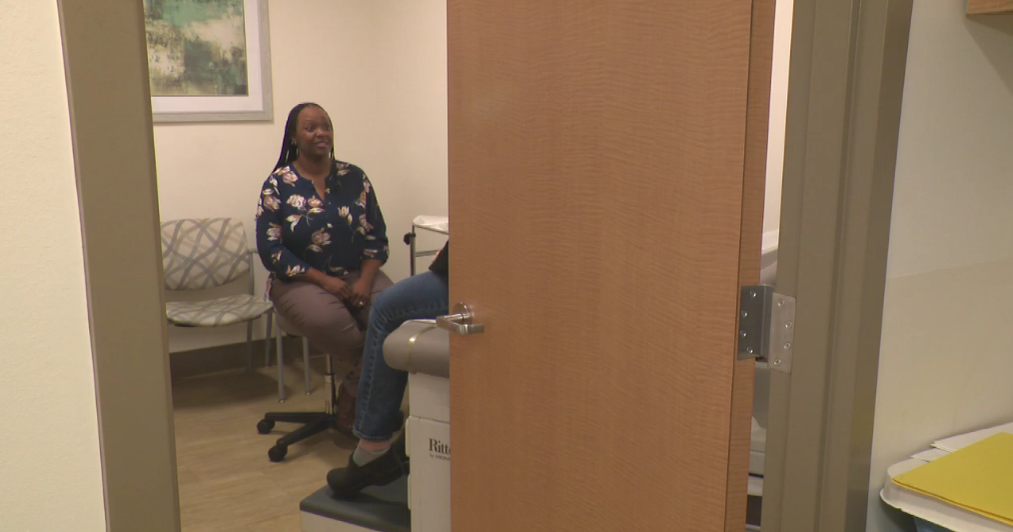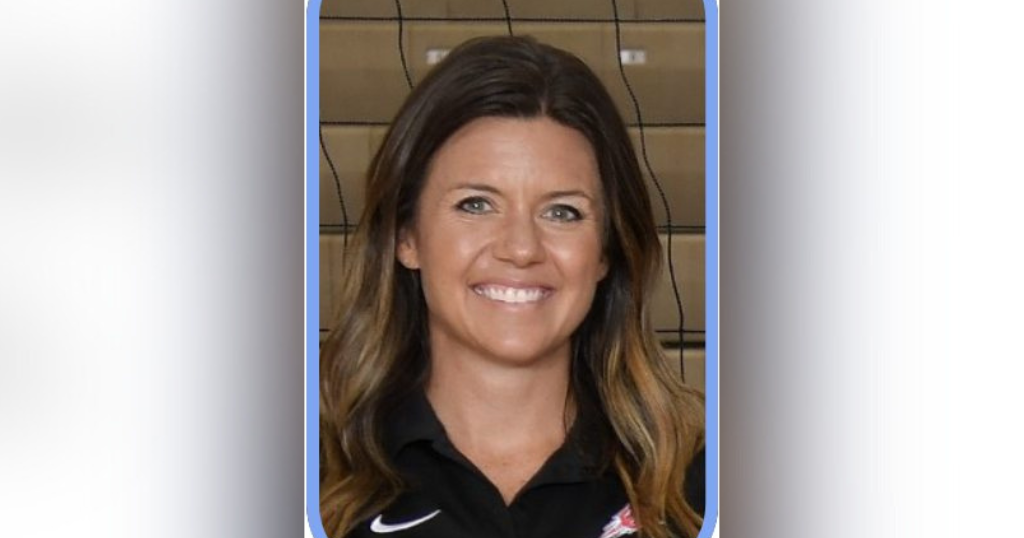Google Glass Can Help Parkinson's Patients
LONDON (CBS Sacramento) - Google Glass may be able to help those afflicted with Parkinson's disease, reports CNet.
British researchers at Newcastle University asked Parkinson's sufferers to try the gadgets and see if they could help better manage symptoms and behaviors.
People with Parkinson's sometimes experience a "freeze" in which they suddenly stop moving and need some type of trigger to get them to move again.
The researchers found Google Glass can provide visual cues to wearers that help them unblock their brains and regain their movement.
Google Glass can provide certain visual cues to wearers during such a freeze to unblock their brain and help them regain their movement.
"Your legs gradually freeze up and the difficulty is getting started again," Lynn Tearse, a retired teacher diagnosed with Parkinson's in 2008, said in a press release. "The brain seems to need a point beyond the blockage to fix on...This is where Glass could really make a difference."
People who have Parkinson's can also lose their swallowing reflex, which means they have a tendency to drool. Google Glass can remind the patient to speak or to swallow to avoid drooling.
Taking all the necessary medications can also be a challenge for patients and Google Glass can easily provide timely reminders.
"I was taking two or three different drugs every two hours, different combinations at different times of the day; some with water, some with food, the instructions are endless," said Ken Booth, who diagnosed with Parkinson's in 1991. "Having a reminder that is literally in your face wherever you are and whatever you are doing would really help."
"Parkinson's can be very isolating," Tearse said. "Ken and I work together, we went away last month and I learnt to ski, but the Parkinson's symptoms and the drug side effects can be frightening and often embarrassing and not always well understood. Any technology which promotes confidence and helps people take better control of their condition and their life should be welcomed."
The initial study was done with only 5 volunteers, another study with 20 Parkinson's patients is now underway.
(TM and © Copyright 2014 CBS Radio Inc. and its relevant subsidiaries. CBS RADIO and EYE Logo TM and Copyright 2014 CBS Broadcasting Inc. Used under license. All Rights Reserved. This material may not be published, broadcast, rewritten, or redistributed.)







